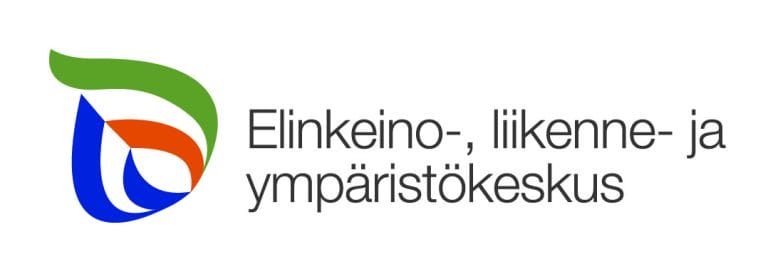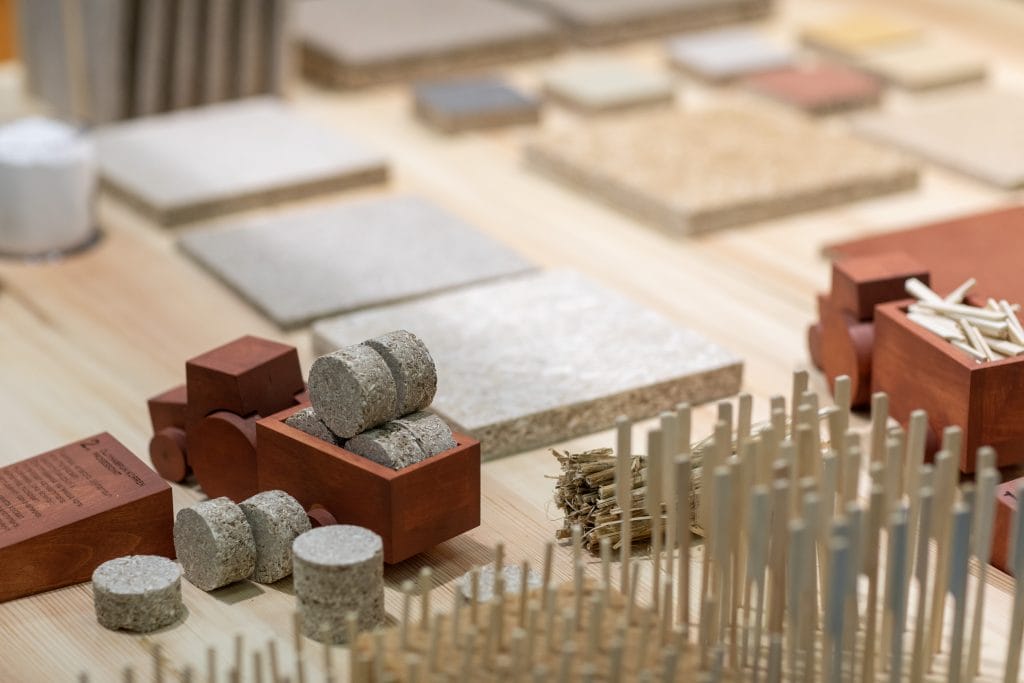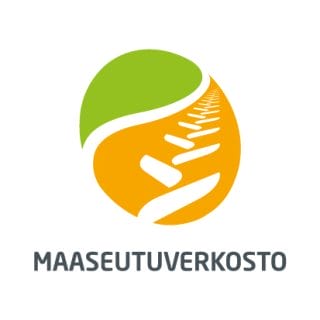


From field to construction
The project aims to develop solutions to enhance the resource and material efficiency and sustainability of oil hemp cultivation and production, considering both climate and economic aspects.
Utilizing side streams is possible by innovative applying existing resources.
Cultivation of oil hemp sequesters up to 8–15 tons of carbon dioxide per hectare, equivalent to the amount sequestered by a young forest, but its growth period is only five months. In addition to the oil obtained from the seeds, the cultivation of oil hemp also produces a significant amount of stalk and leaf biomass, which is currently not actively utilized.
The project aims to find solutions suitable for the Finnish agricultural environment to manufacture technically viable construction boards from oil hemp. Besides providing value to the oil hemp grower from the stalk biomass, the side stream of oil hemp can also improve the carbon footprint of construction.
Key Actions of the Project
WP1: Cultivation and Processing of Oil Hemp
Identify and study the key figures related to oil hemp cultivation and evaluate the potential for utilizing cultivation side streams as a comprehensive process. The focus will be on current and future cultivation areas, harvesting costs and revenue streams, harvesting methods, economic feasibility, and the properties and total quantities of the resulting side streams. Conduct a pilot for spring harvesting of oil hemp, including seed harvest in the fall and stalk biomass harvesting, processing, and storage in the spring. The pilot will be conducted using equipment suitable for the agricultural environment. The different stages of the pilot will be recorded and their functionality evaluated.
WP2: Manufacturing Techniques, Composition, and Prototype Production of Construction Boards from Oil Hemp Side Streams
Develop board products made from oil hemp stalk mass and conduct preliminary tests. Laboratory-scale experiments will be carried out related to the processing of stalk mass (crushing and fractionation) and the production of prototypes (compression and casting). The project will utilize oil hemp stalks, forming suitable masses through various treatment methods (crushing, shredding, screening), and producing test boards based on the stalk biomass, using biopolymer and clay-based binders.
WP3: Testing, Production Process Description, and Cost Structure of Construction Boards Made from Oil Hemp Side Streams
Test the manufactured prototype materials. The aim of the testing is to determine the functionality of the boards as construction materials, including comprehensive tests of mechanical and building-physical properties.
Building-physical tests:
- Thermal conductivity
- Water vapor permeability
- Equilibrium moisture content
- Specific heat capacity
- Capillarity
- Air permeability
- Mold susceptibility
- Fire classification
- Acoustics
Mechanical tests:
- Bending strength and modulus in different directions
- Shear strength test
- Impact resistance
- Fastener pull-through test
Process Description and Cost Structure:
- Description of the production process for construction boards (harvesting, storage, processing, manufacturing, installation) and estimates of the costs at different stages.
Facts
BIOSIVU –products from side streams of oil hemp to low-carbon construction
Info
Budget
Keywords
Project partners







